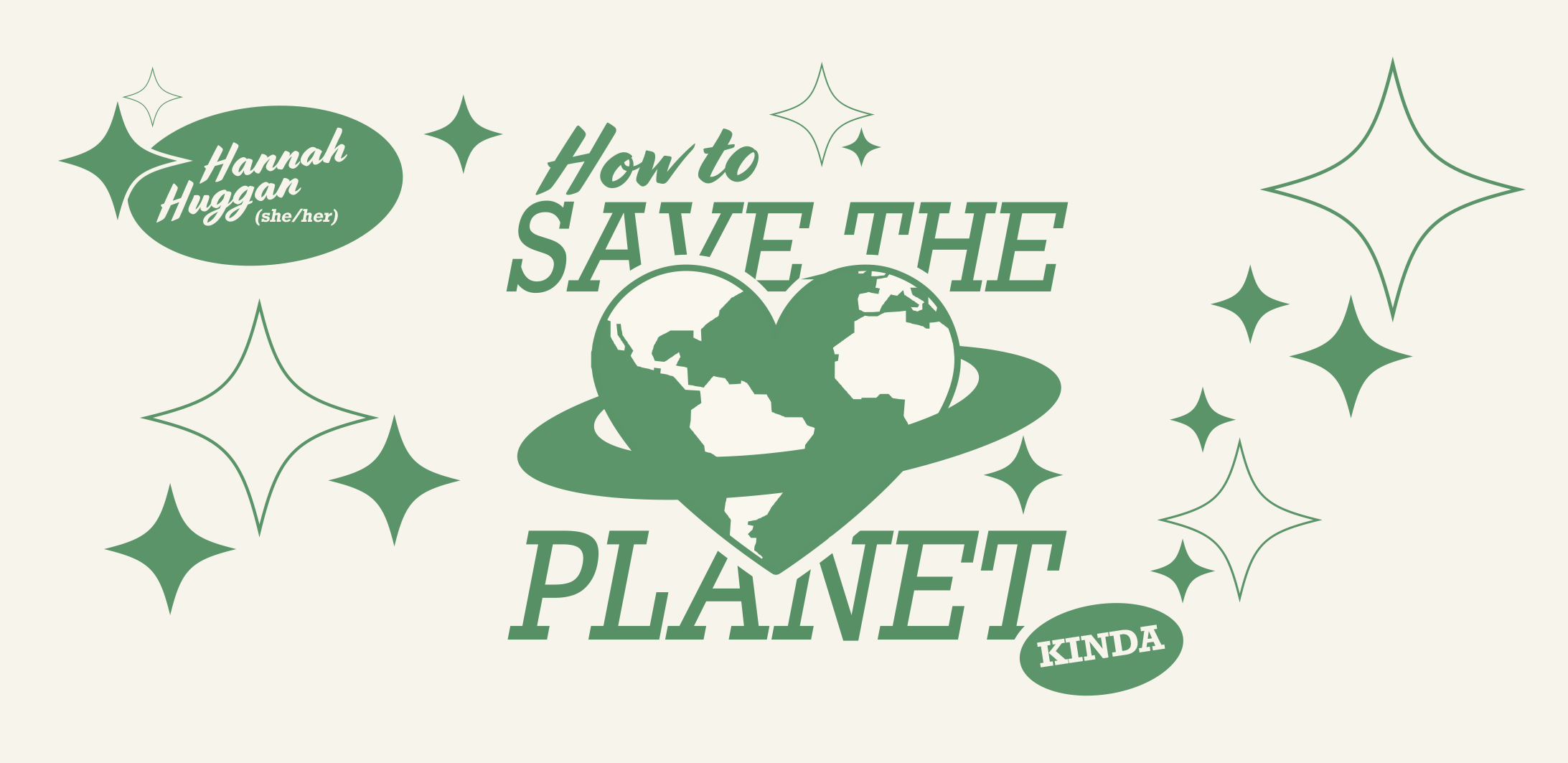
Nevermind the existence of gravity, this stuff will bring you back down to Earth. Unfortunately though, it’s not always used as a force for good. Fossil fuel companies – I’m looking at you.
As always, I’m writing about climate change. And for this week’s issue, that means there’s a lot to unpack. There’s a lot to write about if you’re trying to explain the history, forces, and systems that have led us to our current economic system. For now, I’ll do my best to put it simply.
We live in a world where nature is worth more, financially, dead than alive. A tree is worth more dead than alive, animals are worth more dead than alive. Oil is worth more when it’s burnt than it is staying in the ground. The Amazon rainforest, the Great Barrier Reef, New Zealand’s expansive biodiversity- it’s all worth destroying to the past of no return, because it’s worth more that way. Those who profit from these activities have turned our attention to what they want us to look at. Even when they know it’s destroying our planet, even when they know the consequences that it is having now and into the future.
The fossil fuel industry, aware of the consequences of climate change back in the 70’s created a multi-decade, multibillion dollar disinformation campaign to ensure public discourse and policy maintained their profit. It started with repositioning global warming as a theory and economic scaremongering, and now ads that push greenwashing, carbon footprints, and that fossil fuels are ‘part of the solution’.
Not only is this form of economic thinking causing the issue, it’s also making every attempt to hinder climate action. In almost every piece of legislation the New Zealand government has passed around climate action, agriculture has been excluded or exempt because of its role in our economy. Despite contributing 48% of emissions, dairy products are our largest export group. We shouldn’t rely on market-based emissions if the New Zealand government intends to make meaningful cuts in our emissions.
Where this leaves us today is a society that is obsessed with sustained economic growth, regardless of the consequences, which is affecting us in other ways too. In New Zealand, the poorest 50% own 2% of all wealth. That means we live in a country where one half owns 2% of wealth and the other half owns 98%. More so, under our economic system, everything is produced for a profit. Food isn’t made to produce food and homes aren’t built to house people. When it’s not profitable to feed people, or ensure everyone has shelter, we let the food go to waste, the people starve, and the homes stay empty.
We prioritise our constructs of economic growth over basic human rights and needs. So when the climate crisis threatens our rights, that isn’t enough to constitute action from leaders, corporations, and those in power.
What I hope awakens people to how screwed up and frightening this economic theory is, is that we are also the trees and the animals. The loss of life from the climate crisis, from the floods, hurricanes, and wildfires, is deemed less important than the current profit to be gained from fossil fuels. What that means for humanity, is that we’ve created a way of thinking that places expansive loss of lives and the environment is placed below something we created. Are we interested in scapegoating humanity for the greed and corruption of a tiny elite? What would it mean to construct society around our actual values and lives?
The purpose of what I’m writing is to make people enraged and engaged, but not defeated. This is an economic system, which means it can be changed. We are capable of constructing ourselves within planetary and ecological boundaries. In fact, we have for the vast majority of our history, and many Indigenous cultures keep earth-centred philosophies alive to this day.
It’s our time, now, to find our collective voice and power to stand up to that elite that is risking our lives and livelihoods. Make sure to follow @climateactionhub on Instagram or email me at [email protected] to get involved.